disability support services =========================== behaviour support services ========================== june 2015
Disability Support Services
===========================
Behaviour Support Services
==========================
June 2015
What are Behaviour Support Services?
------------------------------------
The specialist Behaviour Support Service is funded by Disability Support
Services, within the Ministry of Health. The national provider of
Behaviour Support Services is Explore. www.explore.org.nz .
Behaviour Support Services improve the quality of life for people who
have challenging behaviour. It is a service that is provided
nationally by a specialist workforce. Challenging behaviour is a
cluster of behaviours that make people at risk of social exclusion or
harming themselves and others.
The primary objective of Behaviour Support Services is to develop,
implement, monitor and review a plan that successfully minimises the
impact of the person’s challenging behaviour. Behaviour Support Services
aims to reduce the frequency and severity of the challenging behaviour
so that people are able to achieve a more ordinary life. The behaviour
support provider works with the person and their family and whānau,
welfare guardian, staff/carers (including those from residential or
vocational services), advocates and friends (referred to as support
networks). The goal is to assist the person to manage their behaviour
and so establishes long term sustainable change.
The Behaviour Support provider is expected to work across all the
setting of people’s lives. This includes, home, leisure, school and
vocational settings. Working in this way maximises the chances of the
behaviour support being effective.
How do I get Behaviour Support Services?
----------------------------------------
A referral to the Behaviour Support Service is made by the local NASC
agency. Behaviour Support Services is available for all people who are
eligible for DSS funded supports.
The NASC will ensure that people are eligible for DSS prior to making
a referral. They also work out which other services will best meet the
needs of the person, their family and whānau and other networks.
For more information on the needs assessment process you can look at
the NASC fact sheet online at www.health.govt.nz/disability.
What can I expect from a Behaviour Support Service?
---------------------------------------------------
The national provider has a range of specialist staff who will work
with people referred.
Explore will assign a lead worker who will coordinate the service
provided. People receiving the Behaviour Support Service will
participate in an assessment and agree to an intervention plan
(including the goals to be achieved). The Behaviour Support Service
will train people who are supporting the person receiving the
intervention, and measure and monitor the outcomes of the intervention
so that adjustments are made and goals are achieved.
Where can I get more information?
---------------------------------
You can contact your local NASC. Contact details can be found online
at www.health.govt.nz/disability under ‘contact’. Your doctor or
health professional should also be able to refer you to your local
NASC.
A disability information service will also be able to help you find
your local NASC and give you information about behaviour support
services. The New Zealand Federation of Disability Information Centres
(NZFDIC) has several member organisations throughout New Zealand. You
can contact them on free phone 0800 NZFDIC (0800 693 342) or online at
www.nzfdic.org.nz under members.
Did you know?
-------------
The Ministry of Health has factsheets and information pamphlets that
tell you about the disability support services it funds.
You can find these online at www.health.govt.nz/disability, by
emailing [email protected] or by calling 0800 DSD MOH (0800 373
664), choose option 1.
HP5286 Disability Support Services: Behaviour Support Services –
factsheet 2
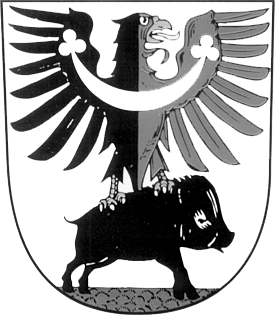 MĚSTO ŽAMBERK WWWZAMBERKCZ ODPADOVÉ HOSPODÁŘSTVÍ ZNAČENÍ OBALOVÝCH MATERIÁLŮ PŘI
MĚSTO ŽAMBERK WWWZAMBERKCZ ODPADOVÉ HOSPODÁŘSTVÍ ZNAČENÍ OBALOVÝCH MATERIÁLŮ PŘI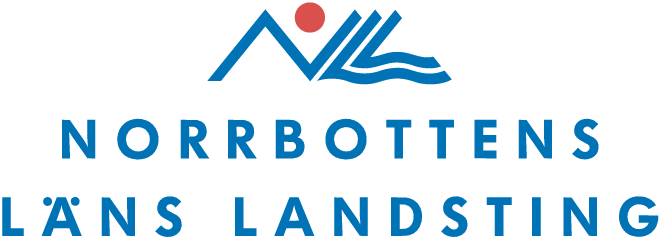 PATIENTNÄRA ANALYSER SIDA 2 AV 2 DOKUMENTTYP HANDHAVANDE –
PATIENTNÄRA ANALYSER SIDA 2 AV 2 DOKUMENTTYP HANDHAVANDE – POSTGRAU UB APORTACIONS DE LA PSICOTERÀPIA PSICOANALÍTICA A
POSTGRAU UB APORTACIONS DE LA PSICOTERÀPIA PSICOANALÍTICA A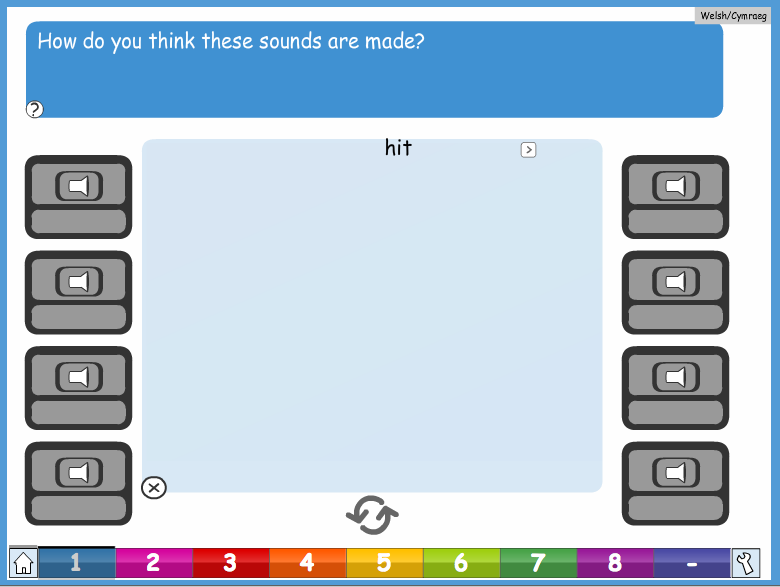 TEACHERS’ NOTES – HOW DO MUSICAL INSTRUMENTS MAKE A
TEACHERS’ NOTES – HOW DO MUSICAL INSTRUMENTS MAKE A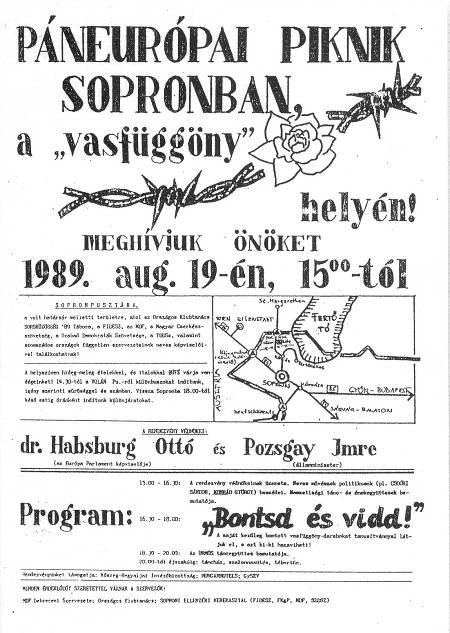 A PÁNEURÓPAI PIKNIK A SOPRONI EGYETEM 1959BEN DIPLOMÁZOTT FÖLDMÉRŐ
A PÁNEURÓPAI PIKNIK A SOPRONI EGYETEM 1959BEN DIPLOMÁZOTT FÖLDMÉRŐ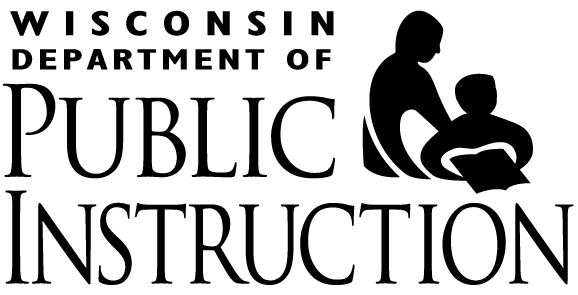 PRIVATE SCHOOL CHOICE PROGRAMS AUDIT GUIDE FISCAL AND INTERNAL
PRIVATE SCHOOL CHOICE PROGRAMS AUDIT GUIDE FISCAL AND INTERNAL CONTACTOS DE LAS OFICINAS DEL MINISTERIO DE RELACIONES
CONTACTOS DE LAS OFICINAS DEL MINISTERIO DE RELACIONES DIAGNÓSTICO DEL SUR DE JALISCO1 M E ALEJANDRO MACÍAS
DIAGNÓSTICO DEL SUR DE JALISCO1 M E ALEJANDRO MACÍAS LIQUIDACIÓN DE DIETAS Y GASTOS DE VIAJE CONVOCATORIA AÑO
LIQUIDACIÓN DE DIETAS Y GASTOS DE VIAJE CONVOCATORIA AÑO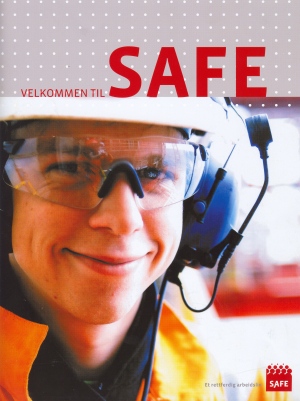 HVA ER SAFE? HVA ER ENERGIFORBUNDET SAFE?
HVA ER SAFE? HVA ER ENERGIFORBUNDET SAFE? SØNDAGS RENGØRING AF FÆLLESHUS BØRNERUM STØVSUGEFEJE GULV VASK GULV
SØNDAGS RENGØRING AF FÆLLESHUS BØRNERUM STØVSUGEFEJE GULV VASK GULV